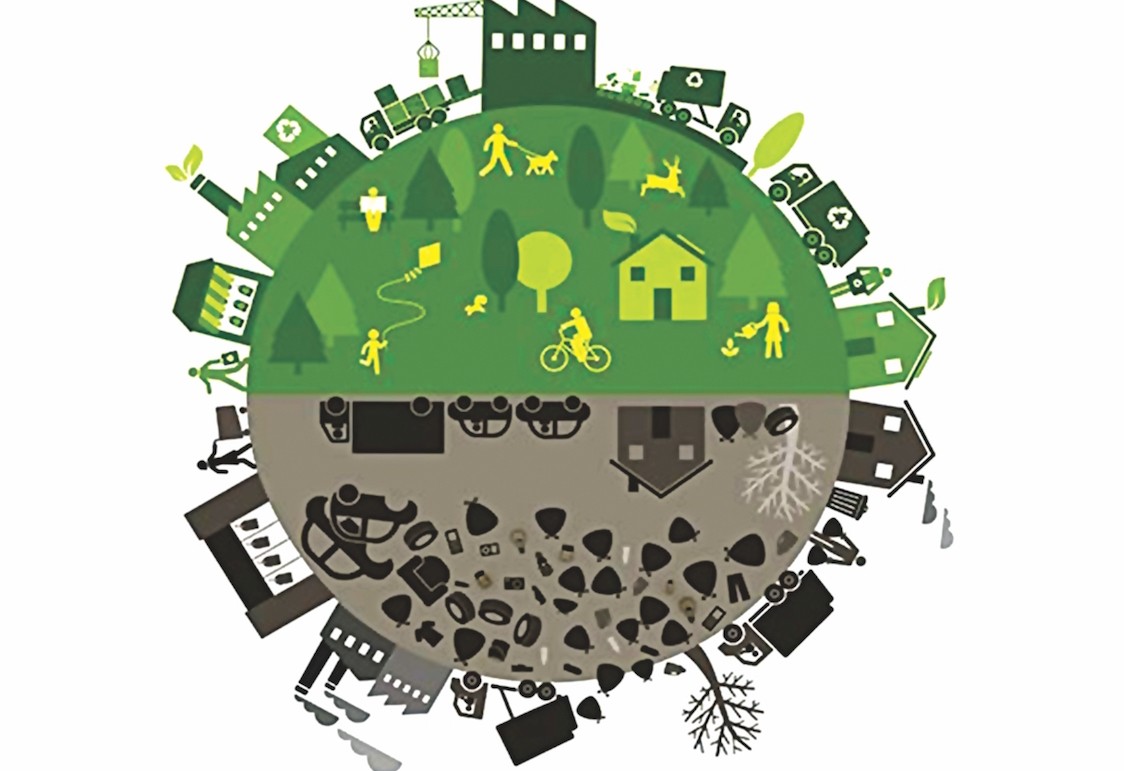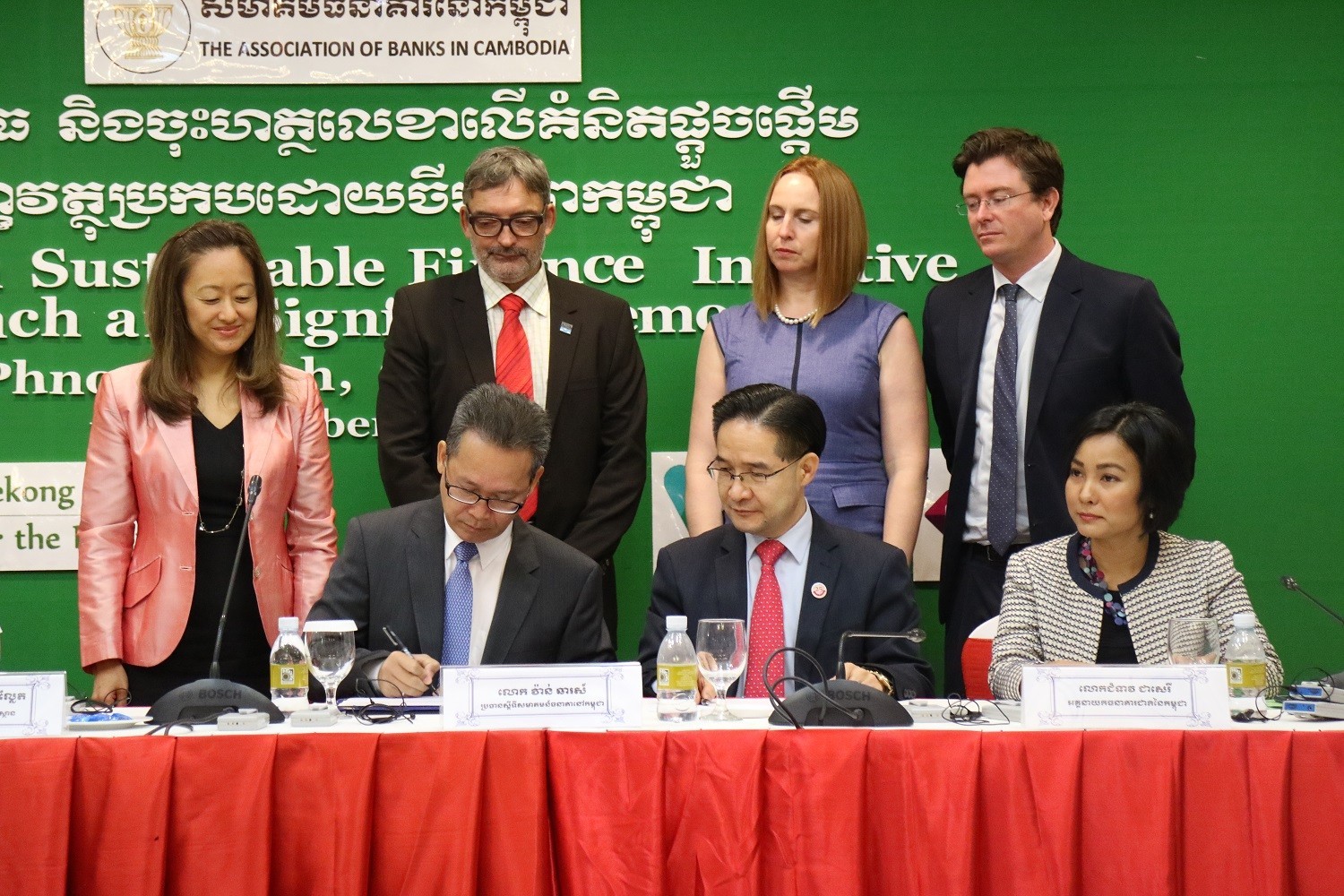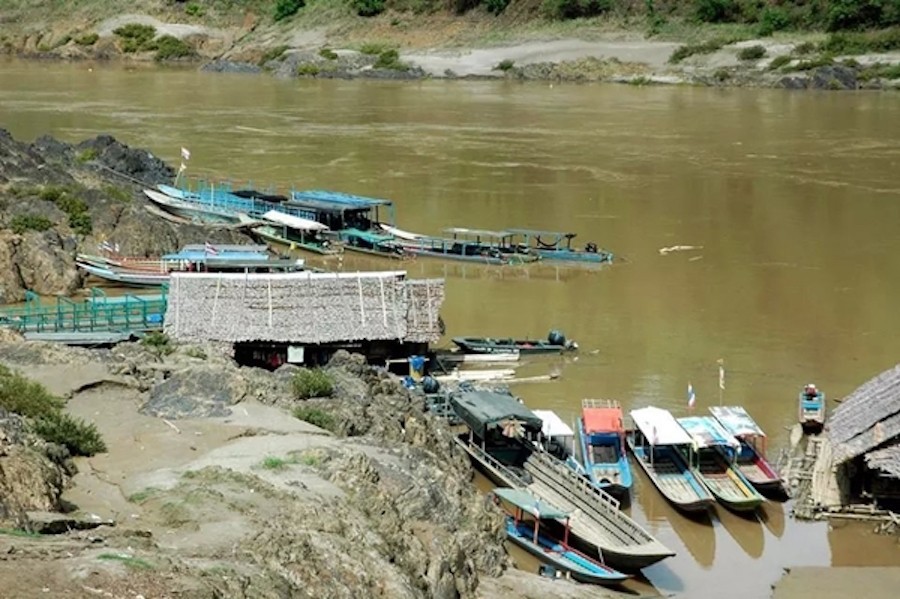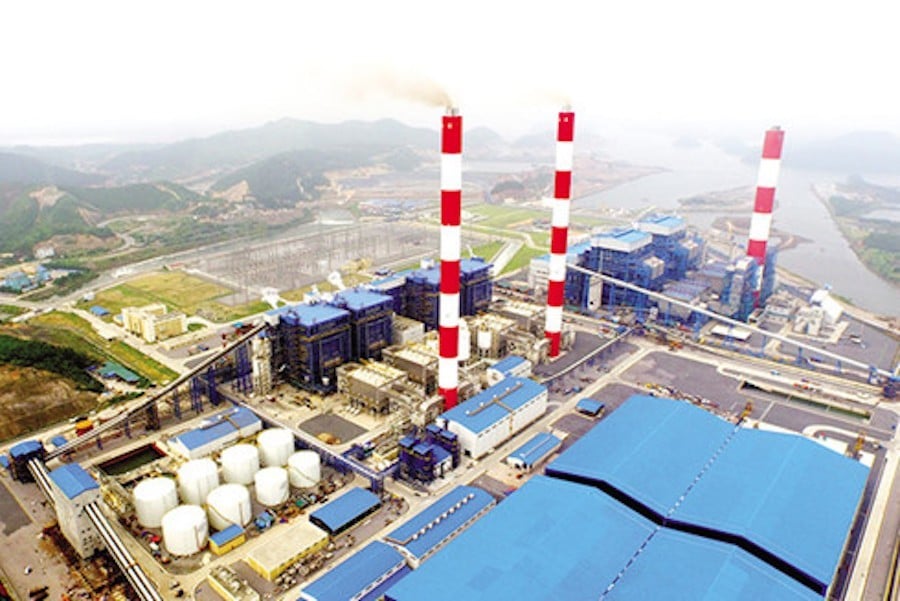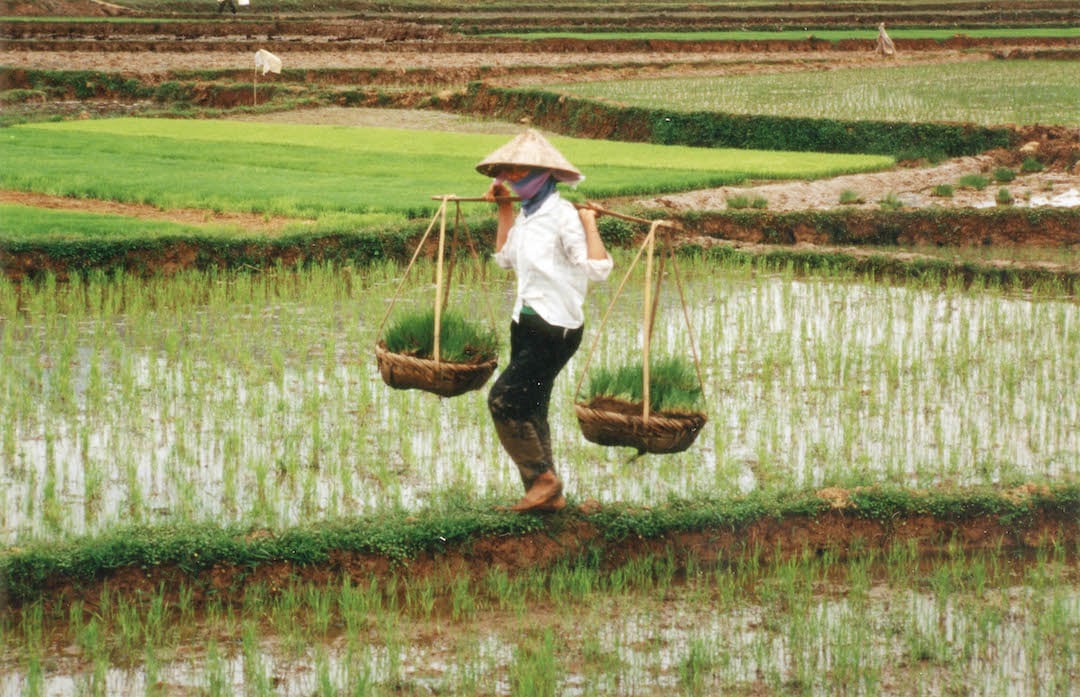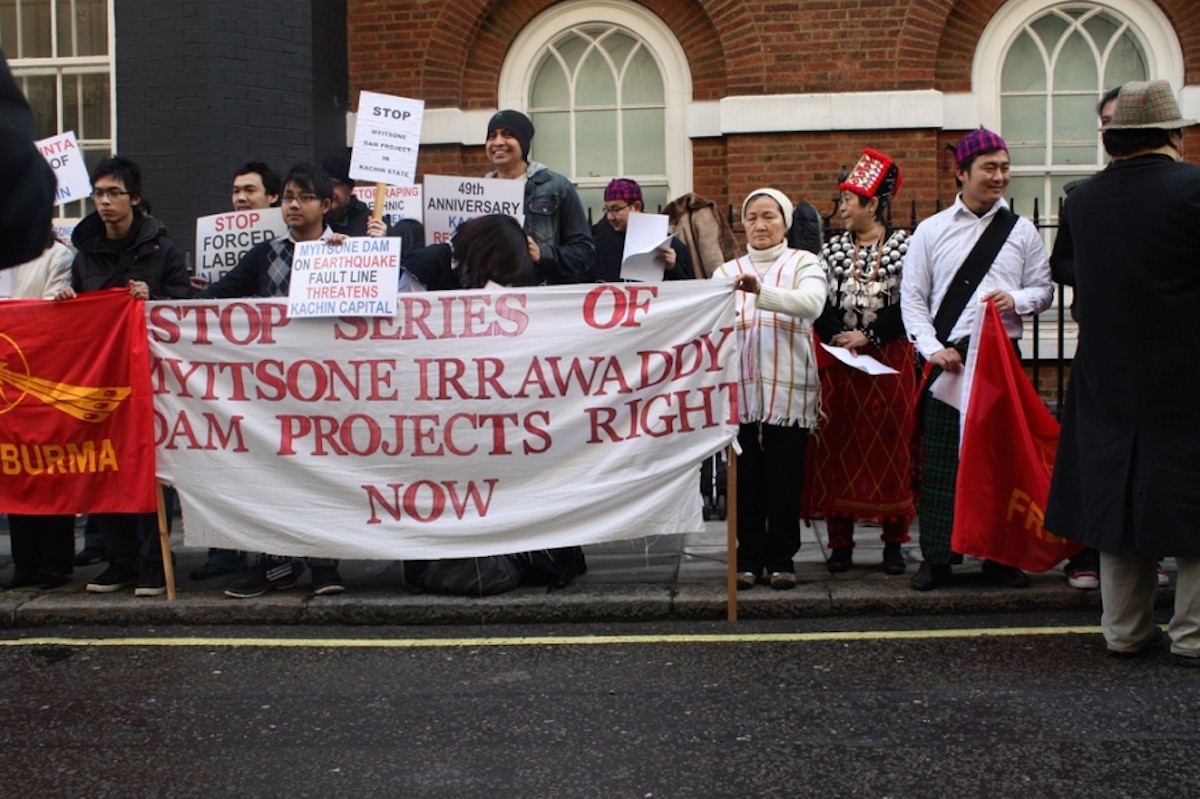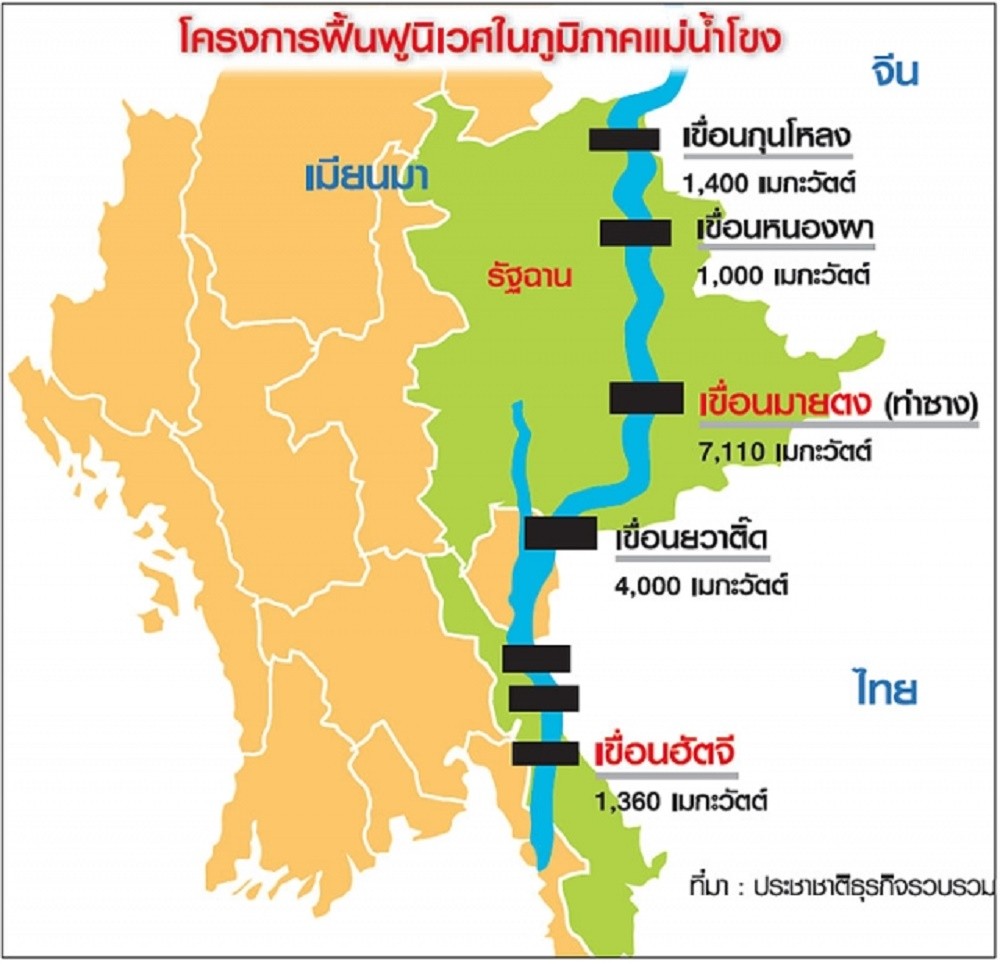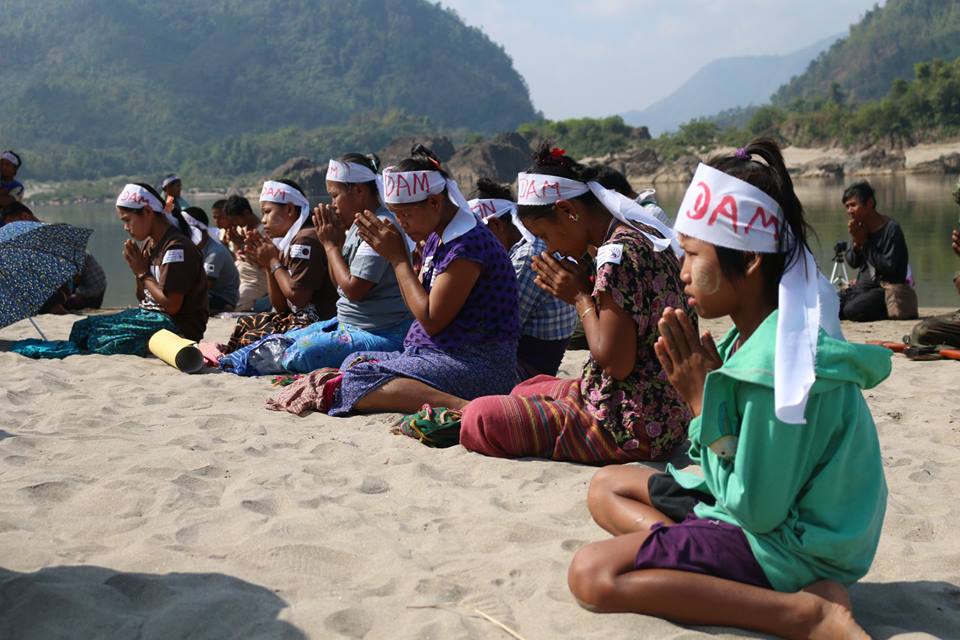Citizens in the Mekong region are increasingly hearing about “sustainable banking,” mostly associated with infrastructure and energy projects. It means regional banks, slow to commit to sustainability, are increasingly considering more responsible ways of doing business.
Cambodia recently joined Thailand, Laos, Vietnam, China and 20 other emerging market economies in committing to better environmental and social risk management practices under the International Finance Corporation’s (World Bank Group) Sustainable Banking Network. And just this week, the Association of Banks in Cambodia (ABC) announced an initiative promising to work toward sustainable banking principles for Cambodia, “as ways to mitigate the damage associated with infrastructure, energy and large scale agribusiness projects.”


